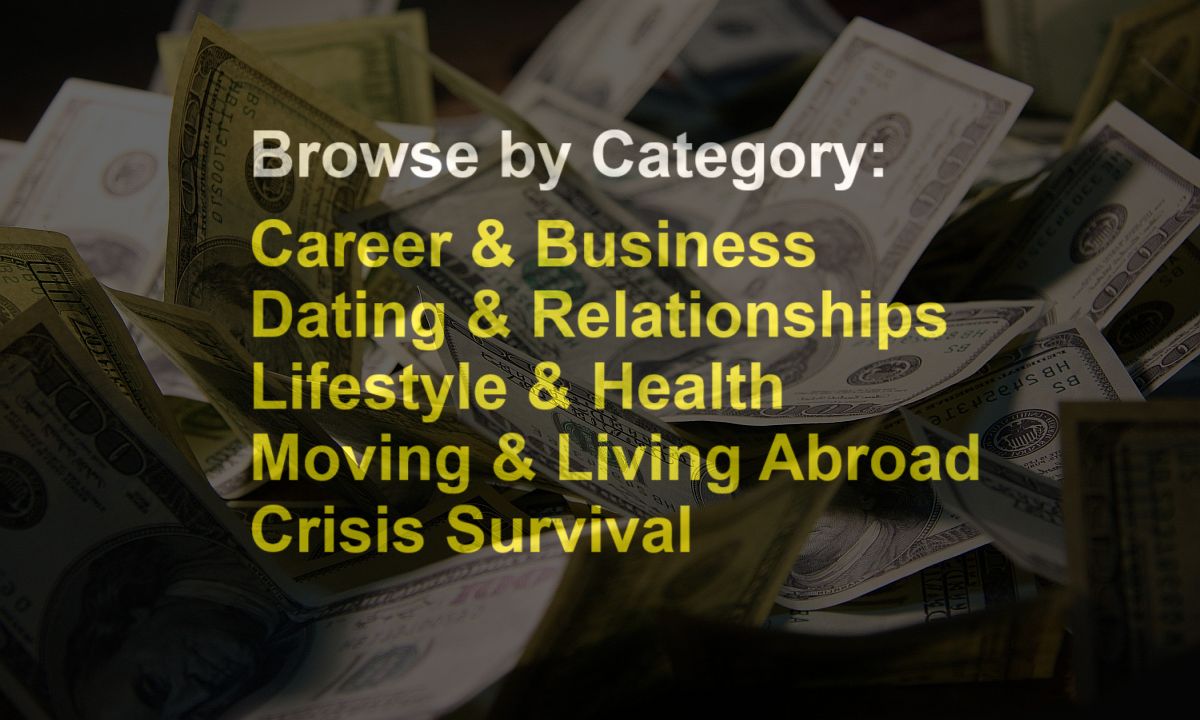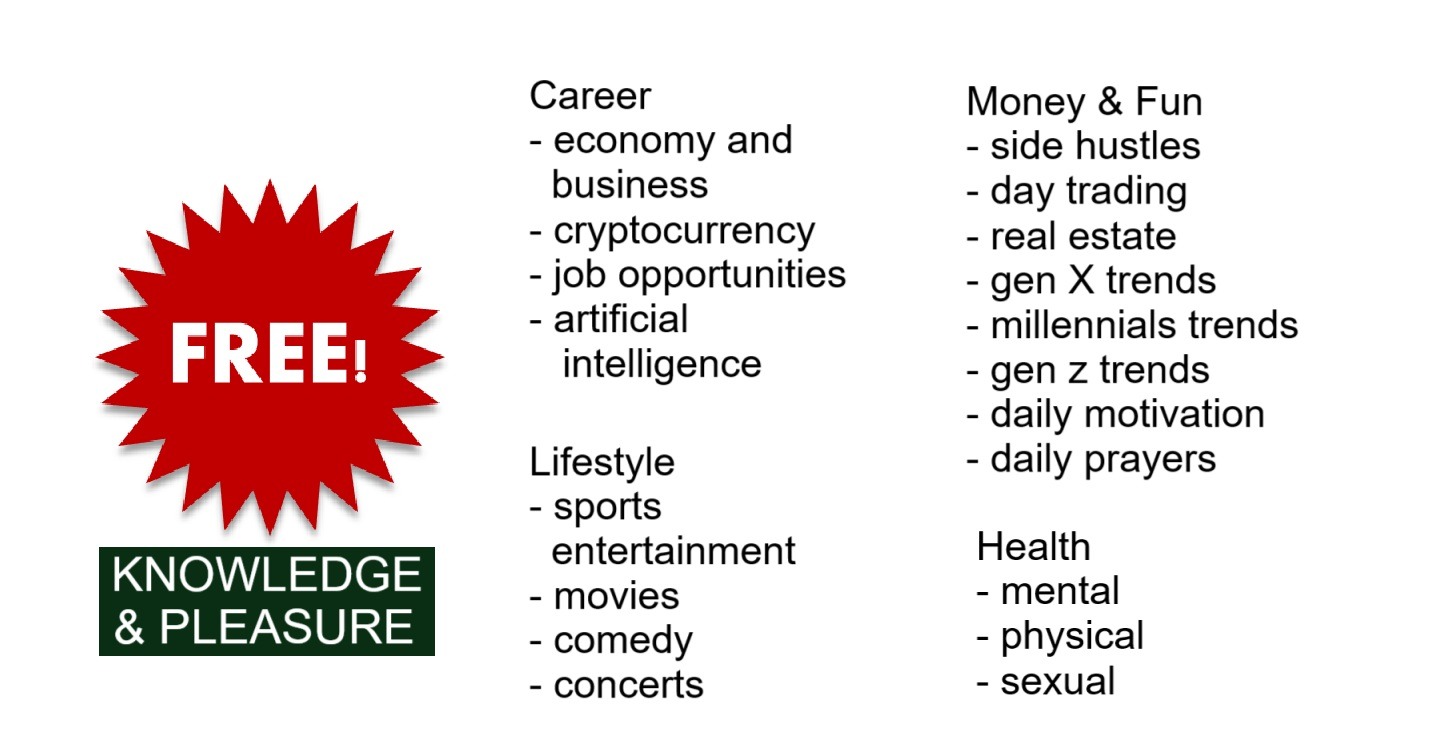Last Updated on April 12, 2025 by Royce Pierpont
Losing a job is a stressful experience, and it can be especially daunting when you’re navigating a rapidly changing job market. If you’ve been laid off from the beverage manufacturing industry, or fear that you might be, you’re likely facing a mix of emotions and uncertainties. This guide is designed to provide you with a clear, actionable roadmap to re-engineer your career, address potential challenges, and effectively compete for new opportunities.
Understanding the Lay of the Land: Challenges in the Beverage Manufacturing Job Market
Before diving into job-hunting strategies, it’s crucial to understand the specific challenges you’ll likely encounter:
- Education and Training Constraints: The beverage industry is evolving. While experience is valuable, potential employers might prioritize candidates with specific certifications, technical skills, or updated knowledge in areas like automation, quality control, or sustainability. If your education or training is outdated, it could be a hurdle.
- Obsolescence at Past Job: Technology advances quickly. If your previous role relied heavily on outdated processes or machinery, your skills might be perceived as less relevant in a modern manufacturing environment.
- Artificial Intelligence (AI) Risks: AI is increasingly being used in the beverage industry for tasks such as predictive maintenance, quality control, and supply chain optimization. While AI is unlikely to replace all jobs, it could automate certain tasks, reducing the demand for some roles.
- Robotic Risks: Robotics is also becoming more prevalent in beverage manufacturing, especially in packaging, palletizing, and warehousing. This automation can lead to displacement of workers in these areas.
- Other Risks:
- Industry Consolidation: Mergers and acquisitions can lead to redundancies as companies streamline operations.
- Changing Consumer Preferences: Shifts in consumer demand (e.g., towards healthier beverages or sustainable packaging) can impact production and staffing needs.
- Economic Downturns: Economic recessions can lead to decreased consumer spending on non-essential items like beverages, resulting in production cuts and potential layoffs.
- Supply Chain Disruptions: Global events and disruptions to supply chains can impact production and staffing levels.
Re-Engineering Yourself: Overcoming Challenges and Building a Competitive Edge
The key to a successful job hunt is to proactively address these challenges and re-engineer yourself to be an attractive candidate in today’s market. Here’s how:
- Skills Assessment and Gap Analysis:
- Identify Your Core Skills: List all the skills you’ve acquired in your previous role. Don’t just focus on job titles; think about the specific tasks you performed and the skills you used to complete them.
- Research In-Demand Skills: Research current job postings in the beverage industry and related fields. Identify the skills, qualifications, and certifications that employers are seeking.
- Identify Skill Gaps: Compare your existing skills with the in-demand skills you identified. This will highlight the areas where you need to upskill or reskill.
- Upskilling and Reskilling Strategies:
- Online Courses and Certifications: Platforms like Coursera, Udemy, LinkedIn Learning, and edX offer a wide range of courses in areas such as:
- Automation and Robotics: Learn the basics of robotics, PLC programming, or automation control systems.
- Data Analytics: Develop skills in data analysis, statistical modeling, and data visualization to improve efficiency and make data-driven decisions.
- Quality Control: Obtain certifications in Six Sigma, Lean Manufacturing, or other quality management methodologies.
- Supply chain Management: Enhance your knowledge of supply chain optimization, logistics, and inventory management.
- Sustainability: Learn about sustainable manufacturing practices, environmental regulations, and waste reduction strategies.
- Community College Programs: Consider enrolling in courses or certificate programs at your local community college. These programs often provide hands-on training and are designed to meet the needs of local employers.
- Industry Associations: Many beverage industry associations offer training programs, certifications, and networking opportunities. Examples include the Brewers Association, the National Beer Wholesalers Association, and the American Beverage Association.
- Apprenticeships and Internships: Look for apprenticeship or internship opportunities to gain practical experience in a new field.
- Online Courses and Certifications: Platforms like Coursera, Udemy, LinkedIn Learning, and edX offer a wide range of courses in areas such as:
- Highlight Transferable Skills:
- Identify Transferable Skills: Skills like problem-solving, communication, teamwork, time management, and attention to detail are valuable in almost any industry.
- Quantify Your Accomplishments: Use numbers and data to demonstrate the impact of your work. For example, “Reduced production costs by 15% through process improvements” or “Improved product quality by implementing a new quality control system.”
- Tailor Your Resume and Cover Letter: Customize your resume and cover letter for each job you apply for. Highlight the skills and experience that are most relevant to the specific position.
- Networking and Building Connections:
- Informational Interviews: Reach out to people working in your target industries and ask for informational interviews. This is a great way to learn about different roles, gain insights into the job market, and expand your network.
- Industry Events: Attend industry conferences, trade shows, and networking events. These events provide opportunities to meet potential employers and learn about new trends and technologies.
- Online Communities: Join online forums, LinkedIn groups, and other online communities related to your target industries. Engage in discussions, share your expertise, and connect with other professionals.
- Leverage Your Existing Network: Let your friends, family, and former colleagues know that you’re looking for a job. They may be able to provide leads or connect you with potential employers.
- Address AI and Robotic Risks:
- Focus on Higher-Level Skills: As AI and robotics automate routine tasks, focus on developing skills that are difficult to automate, such as critical thinking, problem-solving, creativity, and leadership.
- Embrace Technology: Instead of fearing technology, embrace it and learn how to use it to your advantage. Familiarize yourself with AI-powered tools and robotic systems to demonstrate your adaptability and willingness to learn.
- Consider Roles in Automation and Maintenance: As companies invest in automation and robotics, there will be a growing demand for skilled technicians to install, maintain, and repair these systems.
- Explore Related Industries:
- Food Processing: Your skills in manufacturing, quality control, and process optimization are highly transferable to the food processing industry.
- Pharmaceutical Manufacturing: The pharmaceutical industry also requires similar skills in manufacturing, quality control, and regulatory compliance.
- Chemical Manufacturing: Your knowledge of chemical processes and safety protocols can be valuable in the chemical manufacturing industry.
- Logistics and Supply Chain: Your experience in managing inventory, logistics, and supply chain operations can be applied to a variety of industries.
Who is Your Competition?
Understanding who you’re competing against is vital for crafting an effective job-hunting strategy. Your competition may include:
- Other Laid-Off Beverage Manufacturing Workers: These individuals will likely have similar skills and experience as you.
- Recent Graduates: Recent graduates may have up-to-date knowledge and technical skills that you lack.
- Individuals with Transferable Skills from Other Industries: People with experience in similar industries (e.g., food processing, pharmaceuticals) may also be competing for the same jobs.
- Internal Candidates: Companies often prefer to promote from within, so you may be competing against internal candidates who already know the company culture and operations.
How to Effectively Compete:
- Highlight Your Unique Strengths: Focus on what makes you stand out from the competition. Emphasize your accomplishments, transferable skills, and willingness to learn.
- Demonstrate Your Passion: Show employers that you’re passionate about the industry and eager to contribute to their success.
- Be Proactive: Don’t just wait for job postings. Reach out to companies directly and express your interest in working for them.
- Network, Network, Network: Networking is essential for finding hidden job opportunities and getting your foot in the door.
- Prepare Thoroughly for Interviews: Research the company, practice your answers to common interview questions, and be prepared to ask insightful questions.
Conclusion:
Losing a job in the beverage manufacturing industry can be a challenging experience, but it also presents an opportunity to re-engineer your career and pursue new opportunities. By understanding the challenges, acquiring new skills, leveraging your existing strengths, and networking effectively, you can increase your chances of landing a fulfilling and rewarding job. Stay positive, persistent, and proactive, and you’ll be well on your way to a successful career transition.









